2nd Sep 2025
video
DETOCS: Turning data and science into low-carbon cementR&D
Cement is essential - and it’s responsible for nearly 8% of global CO₂ emissions. Most of that footprint comes from clinker production - heating limestone and other materials to over 1,250°C, releasing massive amounts of CO₂ in the process.
How do you reduce CO₂ from cement production? Use less clinker.
How do you use less clinker? Use more SCMs.
So how exactly? That's where DETOCS comes in.
In short: DETOCS (Data Enabling Transformation and Optimization towards Concrete Sustainability) – will help cement plants increase their use of SCMs, thus reducing the clinker factor and associated CO₂ emissions. Leveraging data to build advanced predictive models that help cement producers find new SCMs, identify optimal SCM combinations, adapt processes seamlessly, and deliver high-performance, low-carbon cement.
Watch the video to see how DETOCS researchers are connecting chemistry, data, and operations - turning sustainability goals into day‑to‑day decisions that reduce CO₂ without compromising quality.
The DETOCS project is funded by European Union’s Horizon Europe research and innovation programme.
This project has received funding from the European Union’s Horizon Europe research and innovation programme under the Marie Skłodowska-Curie grant agreement No 101119929. Funded by the European Union. Views and opinions expressed are however those of the author(s) only and do not necessarily reflect those of the European Union or European Research Executive Agency (REA). Neither the European Union nor the REA can be held responsible for them.
Learn more at https://www.detocs.eu/ .
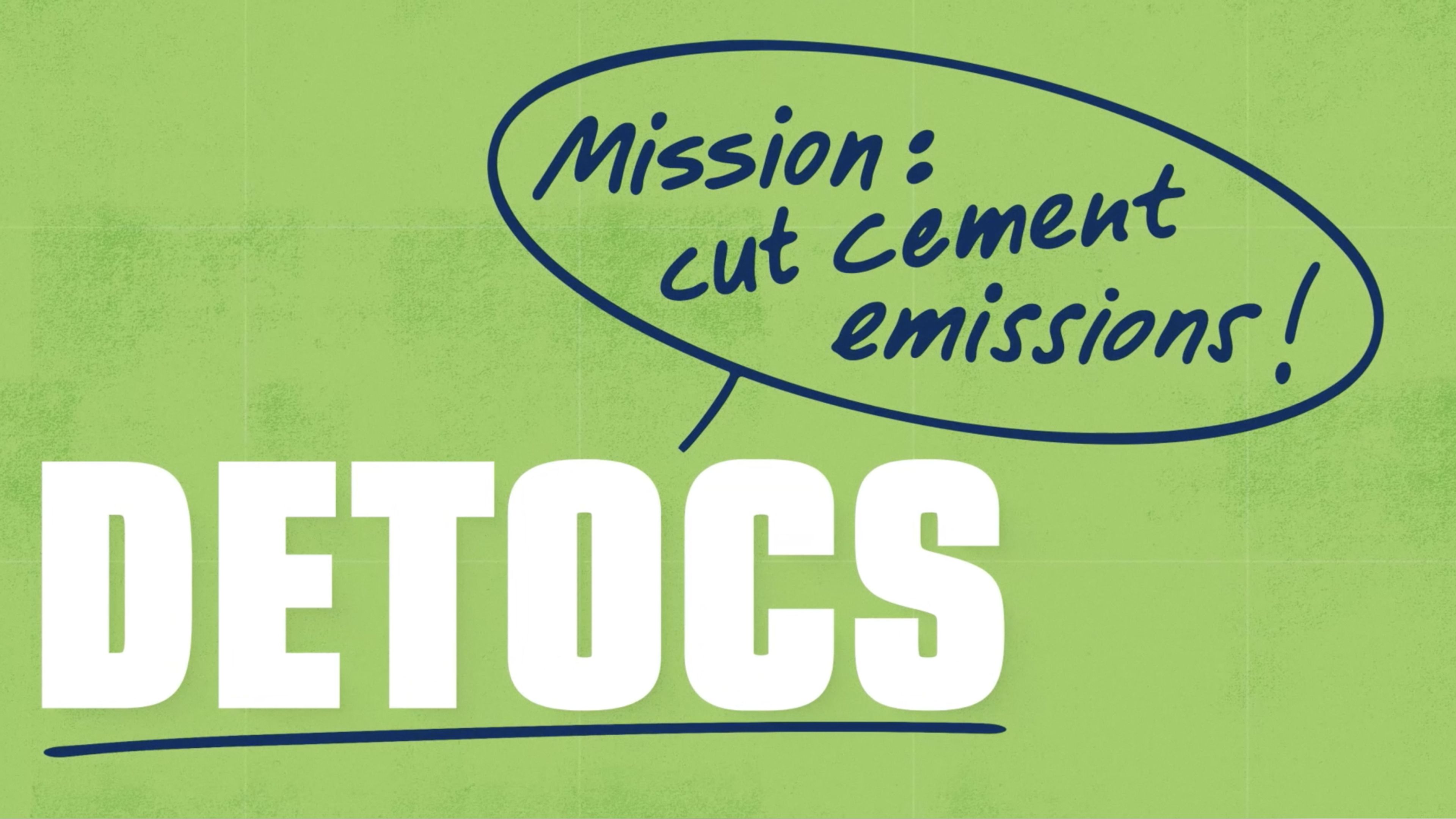
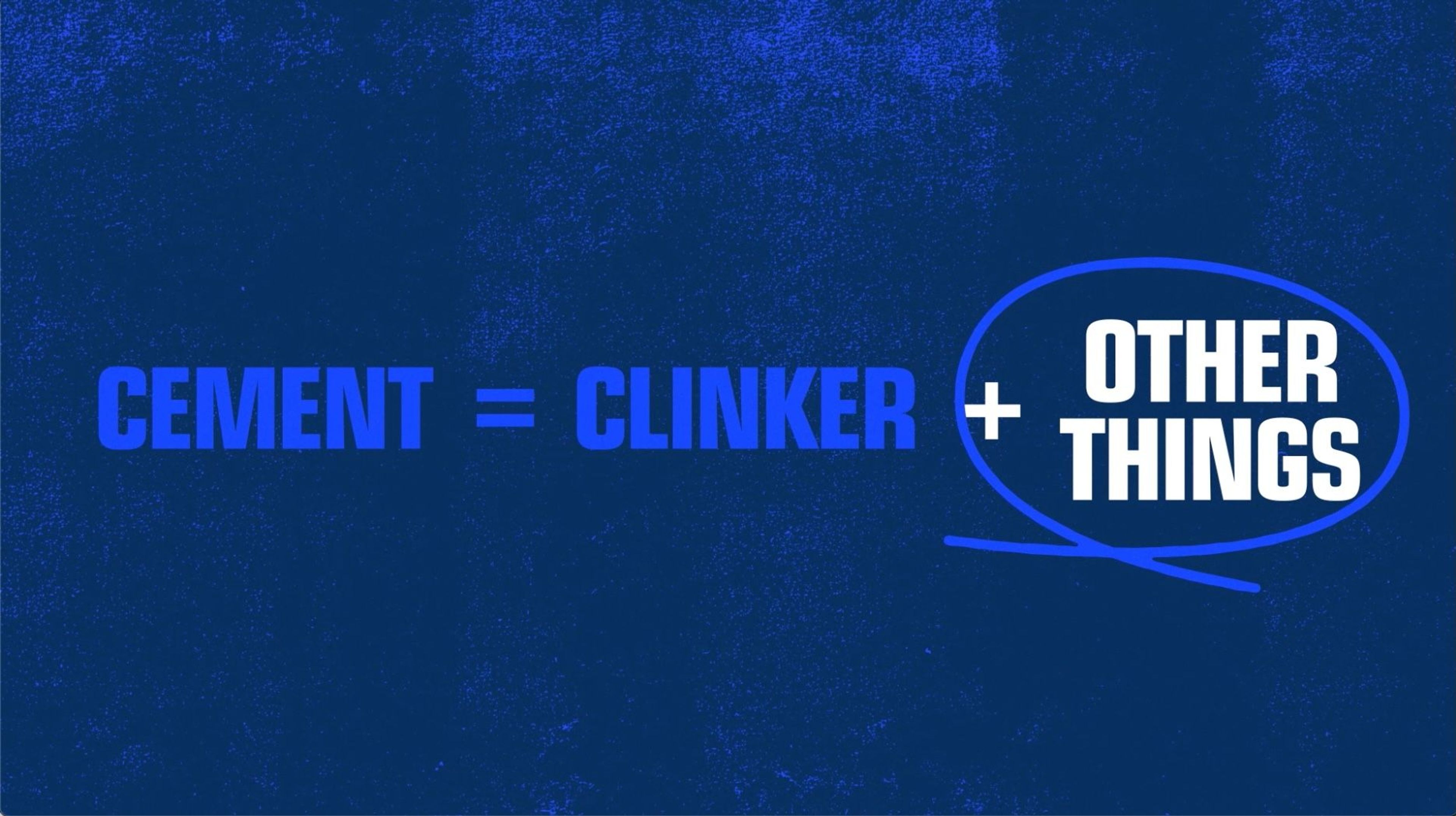
The SCM Opportunity - And Its Complications
Supplementary Cementitious Materials (SCMs) - fly ash, slag, calcined clays - are proven clinker replacements that have been used successfully for decades. They're the sidekick clinker doesn't want you to know about.
The real challenge? Maximizing SCM usage while maintaining consistency and predictability. Supply of alternative SCM is evolving, quality varies, and cement chemistry is sensitive to mix changes. Traditional SCMs are becoming constrained, creating urgency to develop and qualify new materials. But cement chemistry is complex - change the mix, and suddenly your concrete might not set right.
The good news? Most plants already have part of the solution: collect extensive data from sensors, labs, and control systems. What's been missing is turning that data into action for SCM scale-up.
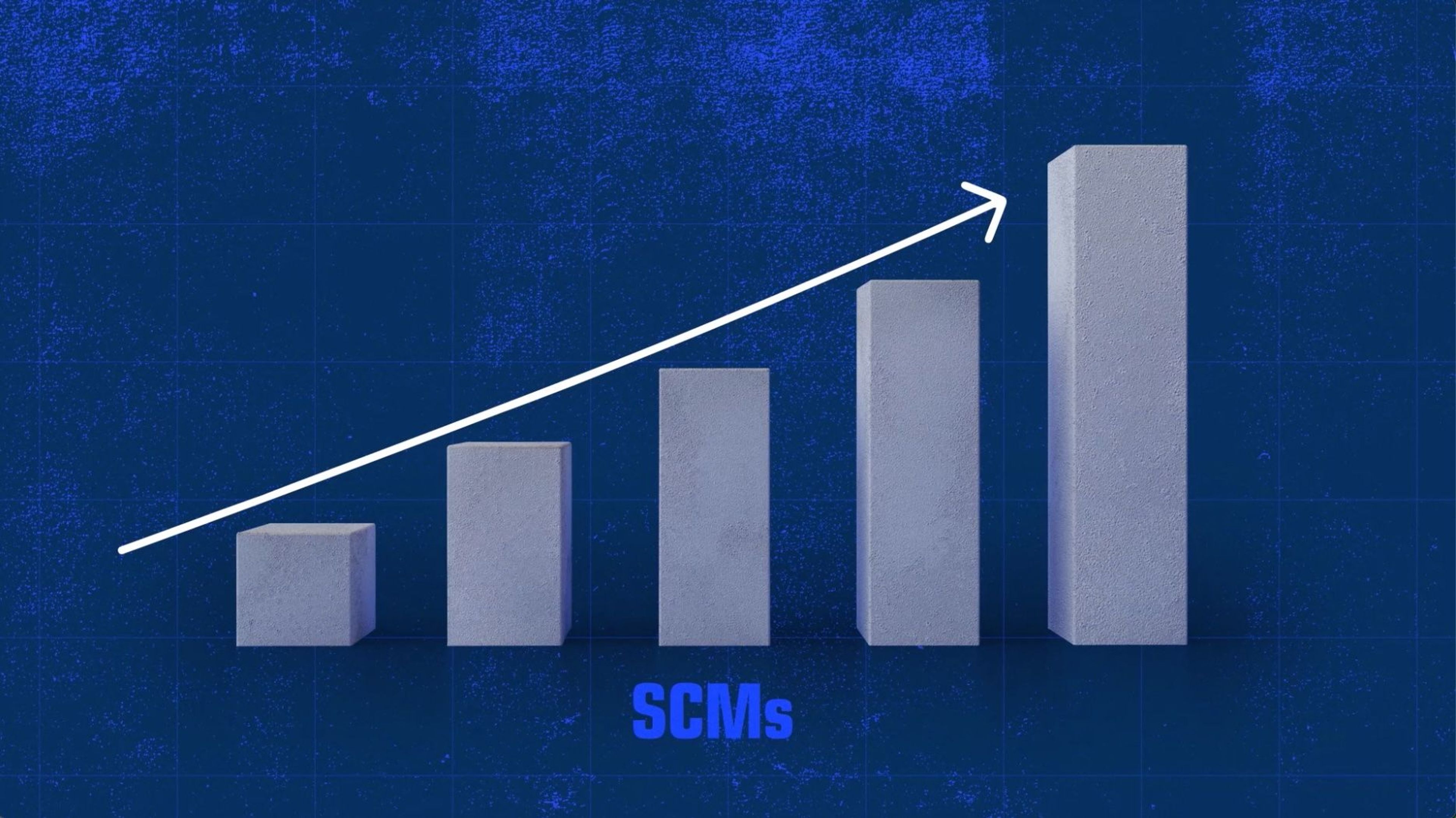
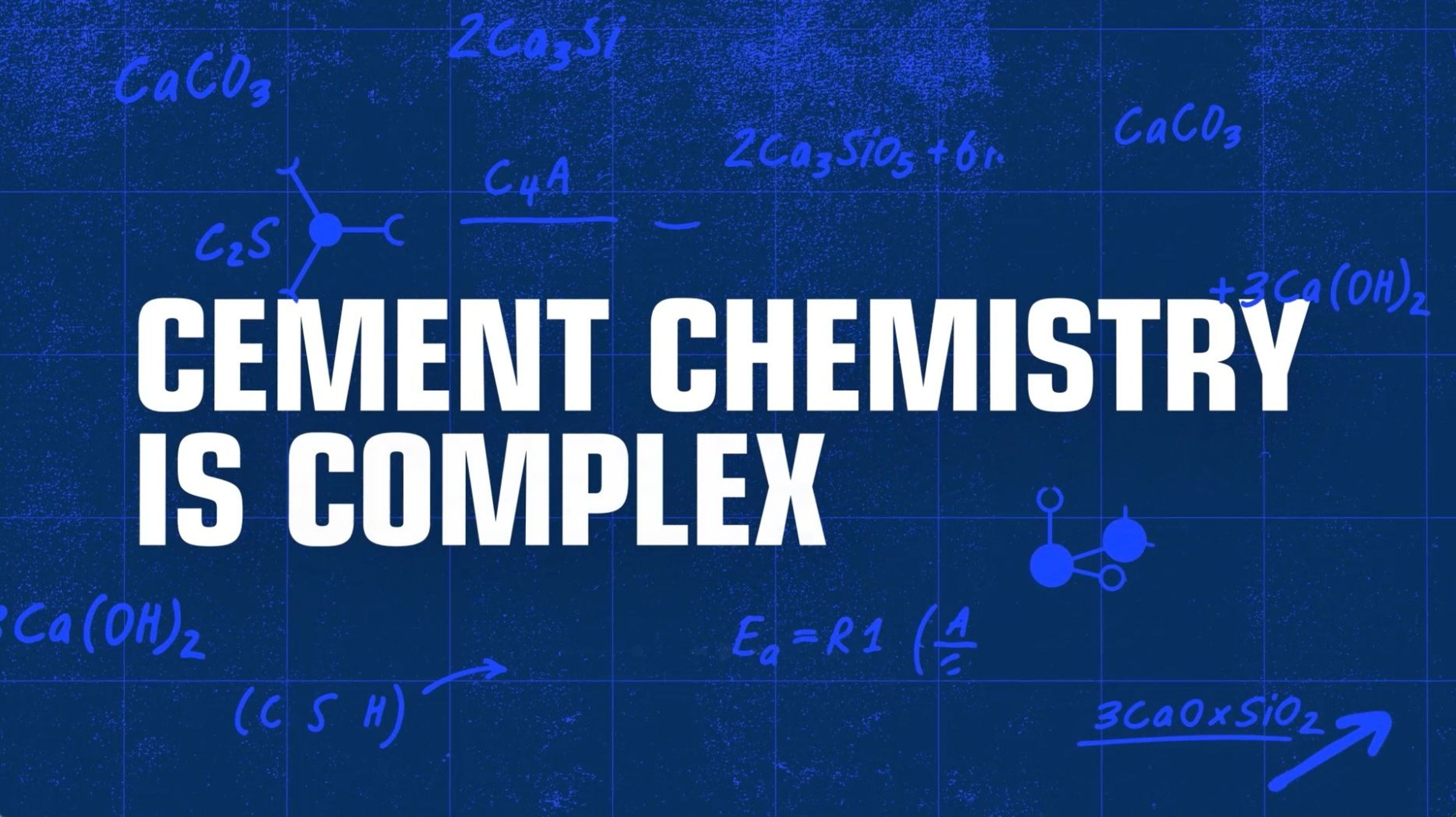
Enter DETOCS: 15 PhDs, One Big Goal
DETOCS (Data Enabling Transformation and Optimization towards Concrete Sustainability) is a multi-partner research programme helping cement plants increase SCM usage to reduce the clinker factor and associated CO₂ emissions.
Wilson Ricardo Leal da Silva (FLSmidth Cement – Green Innovation) serves as project coordinator, leading a cohort of 15 Industrial Doctoral Candidates alongside industry partners covering the full cement and concrete value chain.
What Makes DETOCS Different: Chemistry to Concrete
Most projects stop at one or the other—cement composition or concrete performance. DETOCS does both.
The programme combines cement chemistry expertise with plant data to build explainable predictive models. This allows plants to quickly adapt and optimize processes for new SCMs and produce very low-carbon cement on demand, with confidence that it will perform in real concrete applications.
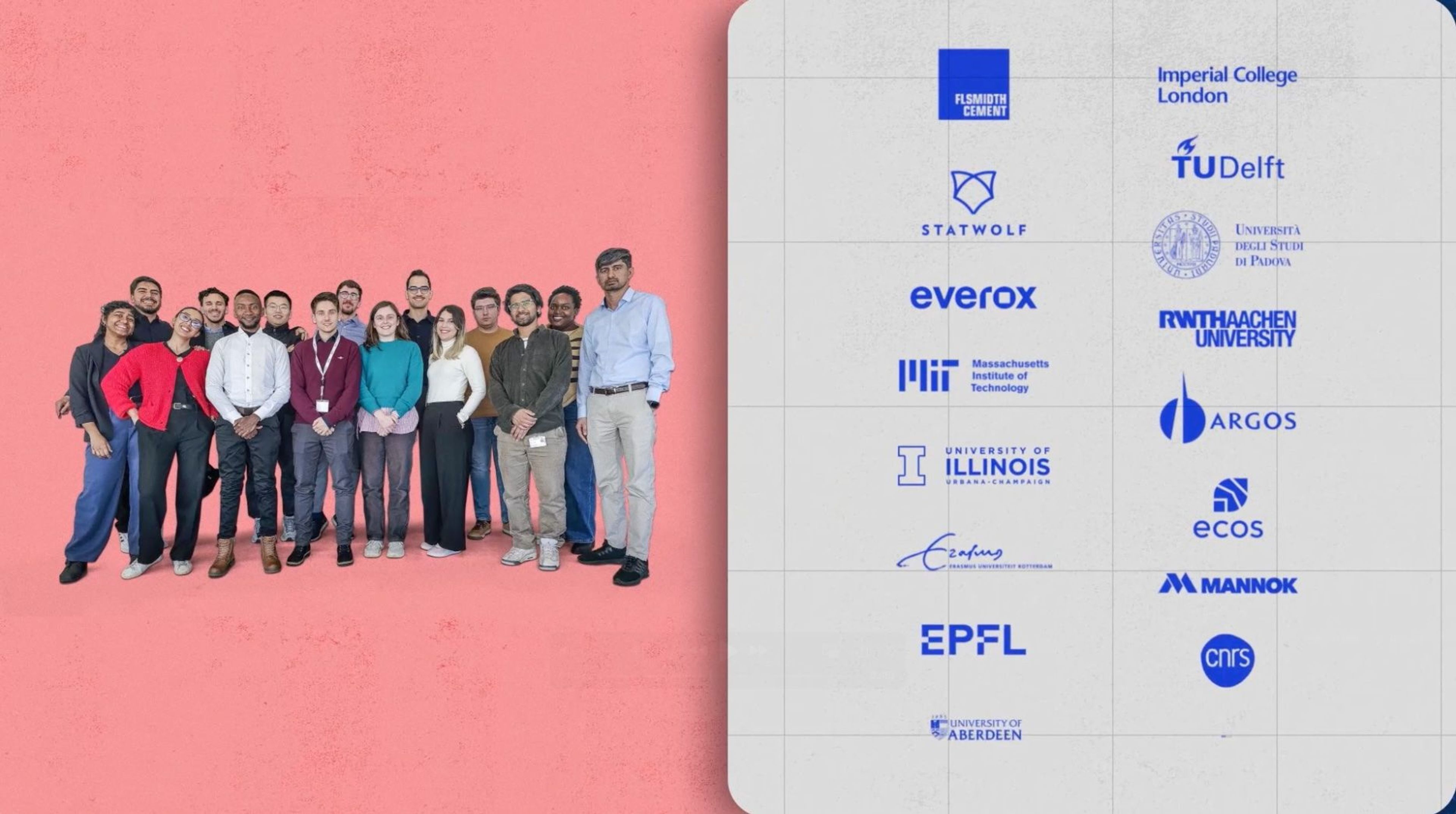
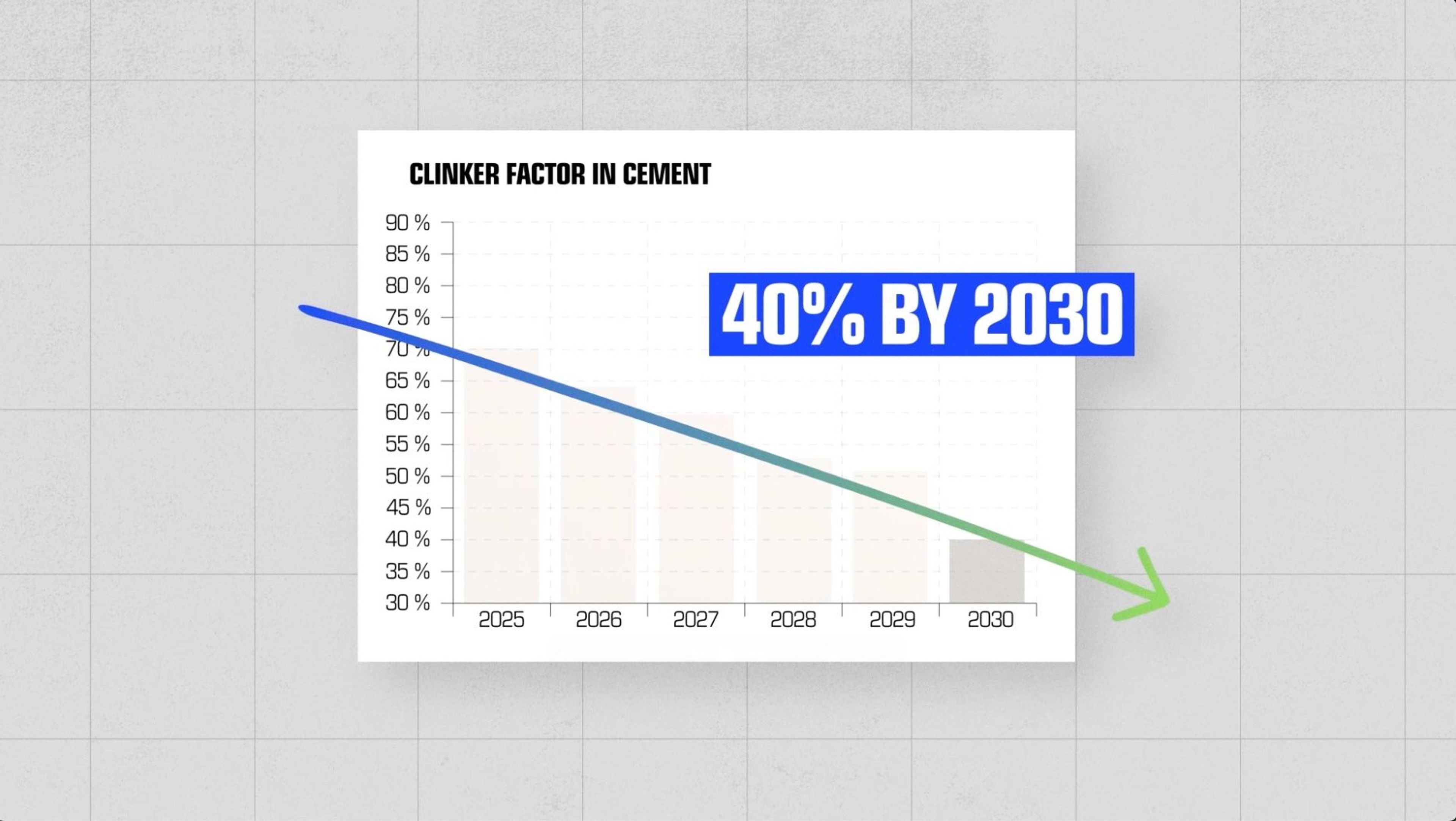
The DETOCS Approach in Action
From Data to Concrete: The Industry 4.0 Transformation
The DETOCS workflow connects the entire production chain - from raw materials through calcination and cement production to final concrete performance. This comprehensive approach helps producers:
- Design cement blends with confidence using performance‑first formulation
- Qualify new SCMs efficiently with faster characterization methods
- Maintain consistent quality while significantly reducing CO₂ emissions
- Navigate standards and regulations that currently limit low‑carbon cement adoption
This is Industry 4.0 in practice - closing the loop from raw‑material variability to concrete performance with decisions grounded in plant data.
Real Impact, Real Solutions
Each of the 15 PhD candidates addresses a different piece of this complex puzzle - from chemistry to policy, from raw materials to final concrete - ensuring DETOCS delivers practical, plant‑ready solutions that work in real‑world production environments.
The programme supports day‑to‑day decisions in the plant, turning massive amounts of sensor data into action and helping operators lower clinker content while maintaining the performance standards the industry demands.